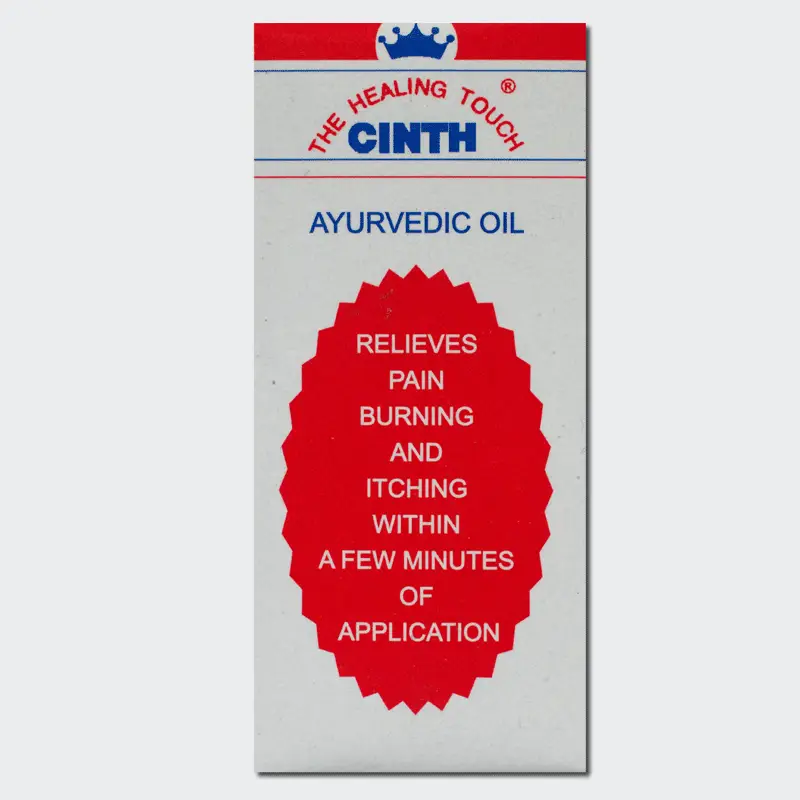
Ayurveda believes ghee does not raise cholesterol: facts revealed
Ayurveda values ghee (clarified butter) as a treasured food as it has a number of healing properties. Ghee consists of…
-
The Great Pyramid of Giza
-
Pyramid of the Sun in Mexico

-
Structure Overview
-
Religious Significance
-
Engineering Methods

-
Limestone Usage
-
Alignment Techniques
-
-
-
Tombs for the Pharaohs
-
Built to Last
-
Pyramids Engineering
-
Mysteries Surrounding Pyramids
Do you know what’s destroying the planet? Animal Agriculture. Do you know who’s doing something about it? Vegans.
Diabetes can be managed effectively with lifestyle changes and Ayurvedic herbs like Gudmar and Jamun.
People with diabetes should never eat any sweets at all.
Great business ideas start with a problem that needs solving. Begin by identifying pain points that you or others are experiencing.
Think outside the box to come up with creative solutions to the pain points you've identified. Don't limit yourself. All ideas are good at this stage.
Use your constraints (e.g., financial or time limitations) to narrow down your list of solutions.
Create a video, drawing, model or mock-up to demonstrate your solution. It doesn't have to be perfect. Think of it as your first draft.
Find out what people think about your prototype. Talk to people that will use your solution. Implement their feedback to improve your prototype.
Once you are confident in your solution, create a business model around the pain and solution you have.

Ayurveda values ghee (clarified butter) as a treasured food as it has a number of healing properties. Ghee consists of fat soluble vitamins, which help in weight loss. It also helps in balancing hormones. Since ghee has a smoke point, it prevents from producing free radicals that damage cell functions in our body. Ghee also contains plenty of omega-3 fatty acids and Vitamin A. However, it is a common belief that while ghee may be good for our body when consumed in moderate quantities, too much of it can increase our cholesterol levels. But Ayurveda believes that ghee maintains healthy cholesterol.
Ghee is very significant in Ayurveda. It is considered as one of the four main types of fat substances described in Ayurveda. Ghee has been utilised for thousands of years in Ayurveda as a therapeutic agent. It is considered as the best among all fats because it can assimilate the properties of the ingredients it is added to, and the best part is that its properties never get compromised.
Does ghee increase cholesterol?
There is a common debate that ghee that is high in saturated fat, increases cholesterol and, hence, it is bad for our heart health. In the last several decades, ghee has been seen as a source that increases the prevalence of coronary artery disease (CAD) as it contains saturated fatty acids and cholesterol and, when heated it contains cholesterol oxidation products.
However, Ayurveda rubbishes this belief. In one of Ayurveda’s classical text Charaka Samhita, the qualities of ghee (known as ghrita in Ayurveda) are described. According to Ayurveda, ghee balances Pitta and Vata, and promotes Kapha. While it is conducive to rasa dhatu, shukra dhatu and ojas, ghee relieves burning sensation.
It is documented in Charaka Samhita that consumption of ghee is good for health as it boosts memory and intelligence, promotes agni, increases semen in males, and is good for ojas.
While it is considered as the best among all fats, it is cool, has a madhura rasa (sweet taste), and even after digestion it is sweet in taste in our stomach (madhura vipaka). Ayurveda says if ghee is consumed according to prescribed methods, it exerts 1000 types of actions. Ghee has aphrodisiac properties and nourishes Kapha. It destroys germs and toxins in our bodies by increasing immunity.
Sushruta also stated that ghee is sweet, mild in action, soft, cold in potency, and does not increase moisture in the tissues. It does not cause blockages in the vessels. Thus, it is safe to say that ghee does not cause any blockage or deposits in the blood vessels. Hence, ghee does not raise cholesterol.
Good for heart
There are two types of cholesterols—low-density lipoproteins (LDL), which are called bad cholesterol and high-density lipoproteins (HDL) that are known as good cholesterol. It is the bad cholesterol that leads to health problems since it accumulates in the arteries. Therefore, it is important to maintain a balance between LDL and HDL for healthy cholesterol levels.
The popular belief that ghee raises cholesterol levels is a myth. It is, in fact, a safer bet to use ghee for heart health as compared to refined oil. The fats present in ghee are not associated with heart disease in the way other fatty acids do. It is directly used as energy by the body and not stored as fats.
According to Ayurveda, which our modern dieticians also believe, that ghee can be consumed daily in small quantities. Children can have a larger quantity every day. Studies have proven that ghee can be good for lowering bad cholesterol and increasing good cholesterol.
However, while it is good to include ghee in our diet, it should always be consumed in small quantities. Large quantities of ghee may be difficult to digest leading to ama (toxin) formation.
Today, the thinking on fat has shifted. Many forms of dietary fat are now considered good for health. While experts disagree about saturated fat, some do not consider it to be a health risk. Studies have proved that ghee does not seem to be linked to heart disease.
In an effort to understand the heart-health risks of ghee, several studies have been conducted on rats. These studies found that diet with up to 10% ghee does not lead to elevated levels of harmful cholesterol, hence it is not harmful to heart health. More than 10%, however, increases blood's level of unhealthy cholesterol and triglycerides.

Latest blog posts
Tools and strategies modern teams need to help their companies grow.

8 Health Benefits of Guduchi – Immune Boosting Herb
Guduchi, also known as Tinospora cordifolia or Giloy, is a powerful herb practiced for years in traditional Indian medicine, Ayurveda.…

Unlocking the Power of Bhringraj: Enhancing Hair Health Naturally
Bhringraj: In the world of Ayurveda and natural remedies, one of the most familiar herbs that pop up in every…

Explore the Digestive Benefits of Vibhitaki
Vibhitaki: In the world of traditional Ayurvedic medicine, many timeless treasures are hidden within the branches of ancient trees. One…




















 AyurCentral
Plus
AyurCentral
Plus






